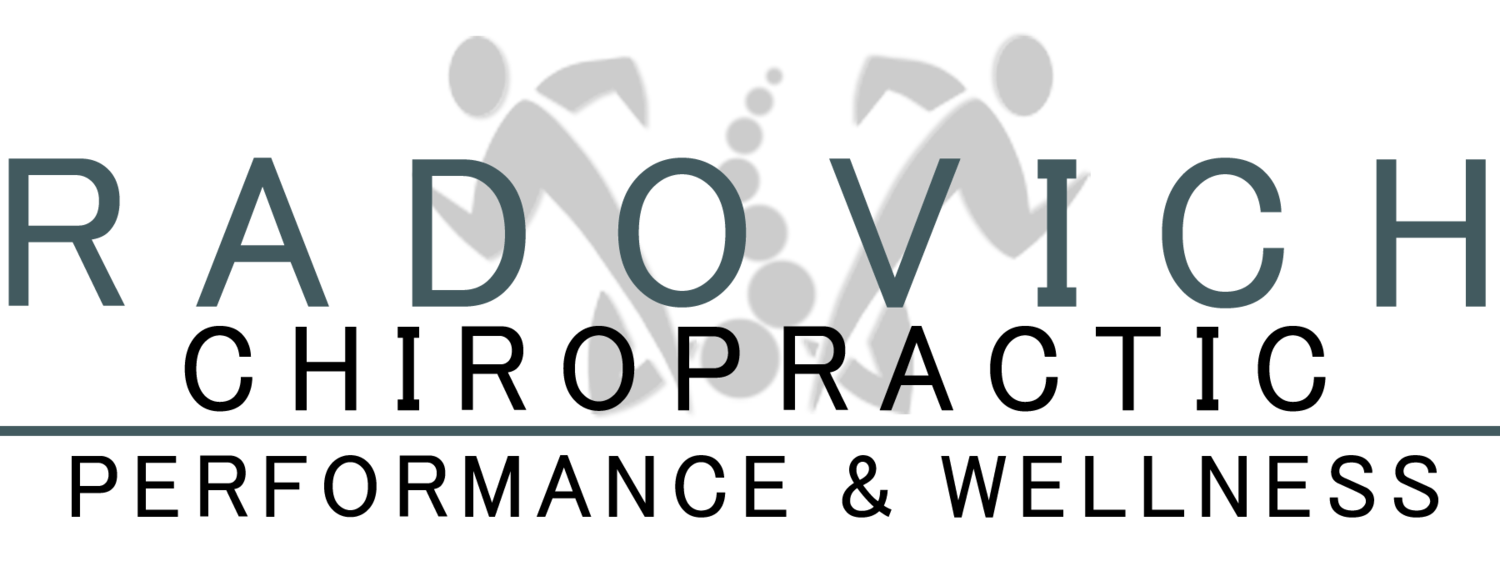Concussions have quickly become a nationwide concern. We feel that concussions cannot be managed alone and agree there should be a concussion alliance to target and maintain this ever growing concern. For this reason, we developed and refined a comprehensive injury management protocol that could be brought down to the “grassroots” level of sport. Our goal has been to take the best available concussion research and management strategies and package them into a program that remains accessible to youth and adult athletes all over the country. This mission has been made a reality with the help of stopconcussions.com, a concussion awareness organization founded by former Philadelphia Flyers captain, Keith Primeau and former European hockey player, Kerry Goulet. With the continued efforts of stopconcussions and our shared vision, this model brings together healthcare practitioners, athletes, organizations, corporations and leagues for the effective management and prevention of concussive injuries.
We emphasize a multifaceted approach with several important pillars for the complete management of concussions: education, awareness, research, baseline testing, physical testing, therapeutic strategies and return-to-play preparation. We believe that partnership and communication provides the most successful results and ensures that our athletes receive a high standard of care following concussive injury.
Currently, there is no “gold standard” for the detection of a concussive injury. Diagnosis is typically based on the presence of any combination of symptoms known to commonly result from concussion. Traditional return to play decisions as such, have become reliant on the “wait-until-symptoms- resolve” paradigm. Recent advancements in concussion management have resulted in the widespread use of computer-based neurocognitive testing protocols, and evidence now shows that concussed athletes demonstrate subtle cognitive deficits that persist beyond symptom resolution: emphasizing the fact that return to play once “symptom-free” is no longer an accurate measure of readiness.
The advent of computerized neurocognitive testing is a big step forward, but remains only one piece of the puzzle. The hockey community is still reeling from Sidney Crosby’s extended absence due to concussion-like symptoms, but it is now clear that his return to the game was not based on cognitive assessment alone. No single tool or measure can be used in isolation when it comes to the management of concussion.
That is why at Shift, we assess and manage each athlete as a whole and tailor our rehabilitative strategies to the individual needs of each athlete. We emphasize testing protocols that provide objective data from many different areas of athletic performance (cognitive, visual, vestibular, neuromuscular, etc.) to aid in the development of individualized intervention strategies.
Our mission is to provide a high standard of care for all concussed individuals whether elite-level competitors or recreational athletes. We hope to continue to expand our network by training other interested clinics and healthcare practitioners in the Shift paradigm. Together, we will change the current mentality of concussion care and provide a safer environment for sport participants of all ages.

